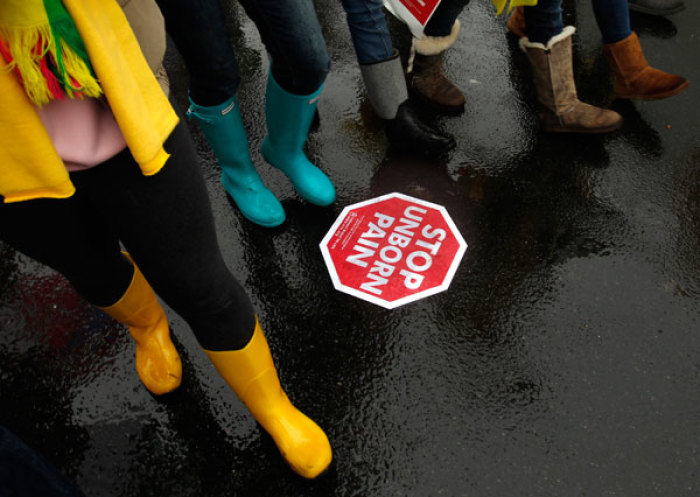Judge temporarily blocks Missouri ban on heartbeat abortions

A federal judge has issued an order temporarily stopping Missouri from implementing a ban on abortions when a fetal heartbeat is detected, which is generally as early as six weeks into a pregnancy.
U.S. District Court Judge Howards Sachs of the Western District of Missouri decided Tuesday to prevent the law from taking effect on Wednesday. The block will remain as a lawsuit filed by Planned Parenthood and the American Civil Liberties Union of Missouri remains in the courts.
Students for Life denounced the temporary block as “sick” due to its delaying of increased legal protections for the unborn.
“An activist judge and Jimmy Carter appointee to the federal courts has blocked a democratically-passed, pro-life law that would have protected preborn lives and prohibited babies with Down syndrome from being targeted for abortions,” tweeted the organization.
In May, Governor Mike Parson signed House Bill 126 into law. In addition to the heartbeat abortion ban, the legislation also prohibited abortions performed on the basis of an unborn baby’s race, sex, or if they were found to have Down Syndrome.
In a statement released in May, Governor Parson explained that by signing HB 126 into law, he was “sending a strong signal to the nation that, in Missouri, we stand for life, protect women’s health, and advocate for the unborn.”
“Thanks to decades of pro-life leadership, Missouri recently hit an all-time low for the number of abortions,” stated Parson, noting other pro-life measures that Missouri has enacted over the years.
“We’ve gone from a high of more than 20,000 in our state, to now below 3,000. By working together, we can continue to assist more Missourians in choosing life.”
Earlier this summer, Missouri’s lone abortion clinic, Reproductive Health Services of Planned Parenthood, lost its license when the state concluded that it failed at “basic standards of care."
The loss of license opens up the possibility that Missouri will become the first state in the nation to not have a single abortion clinic since before the 1973 U.S. Supreme Court decision Roe v. Wade.





























